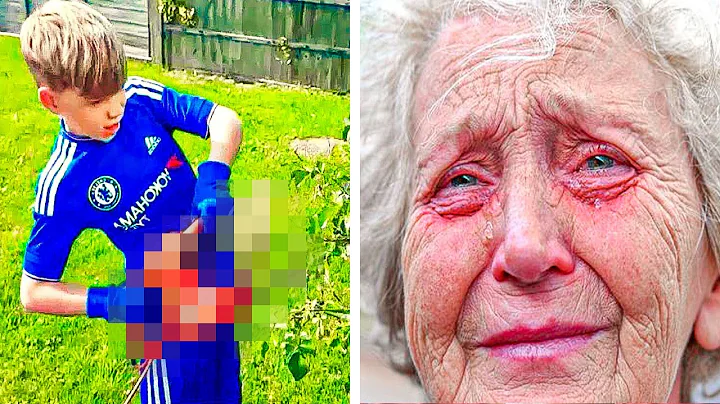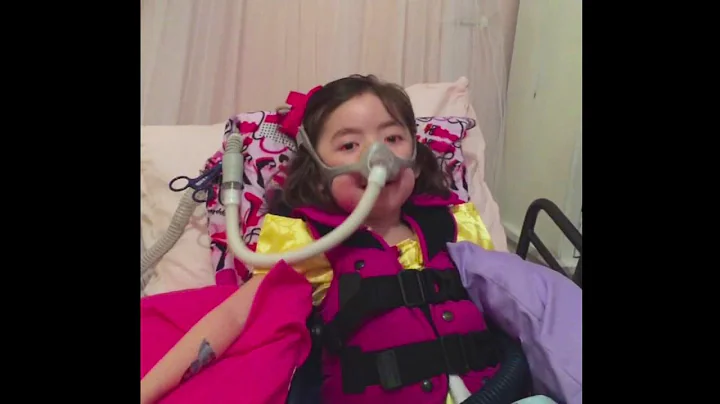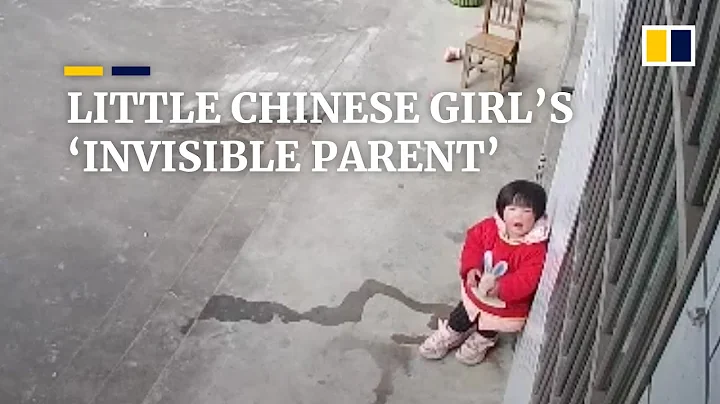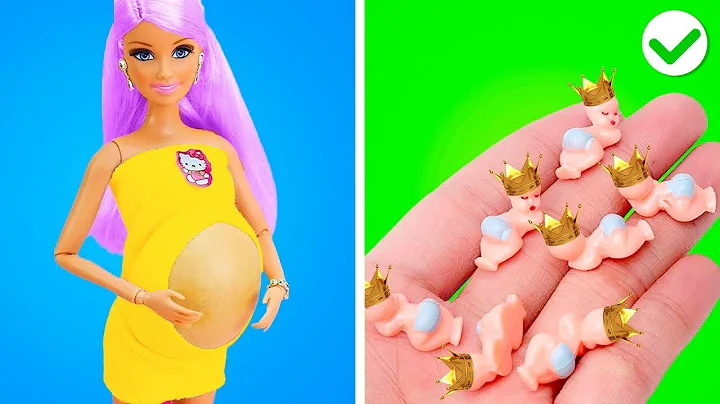Let’s take a look at this scene:
The child got up in the morning and folded the quilt into tofu blocks...
Xiaobao concentrated on playing with the building blocks for 2 hours...
Dabao ate After breakfast, I started to do my summer homework, then read quietly, excerpted good words and sentences, and then wrote a diary...
Do you want a child like this?
Why is it said that other people’s children can be so outstanding that they can transcend the sky?
Have you ever discovered that outstanding children may have different personalities, but they must have one thing in common, that is, high concentration.
I once heard a top student say, "I'm nothing special. I just play when I should play and study when I should study." I always thought it was Versailles. Now think about it, isn't it? Children who can concentrate on playing can also concentrate on learning when they grow up. What difficulties are there in this world that cannot be overcome by concentration?
We are troubled every day because of our children's procrastination, lack of attention, and lack of concentration. Isn't it all because the children don't have enough concentration?
The education industry believes that children are naturally focused, but they are destroyed under the influence of the environment (including parents who care too much about their children) (I will deeply self-examine here for 3,000 words...)
Well, here comes the problem. Now, the concentration has been destroyed, and time cannot be turned back. Even if it is turned back, it is probably impossible to completely protect the concentration. So what should I do?
So what actions must we take to rebuild children's concentration?
Let us first fully understand the word "focus".
We often know that concentration represents stable attention, and behind attention is self-control. Therefore, we often ask our children to "sit tight", "be serious" and "stop looking around".
In fact, concentration also includes a very important ability, that is, the ability to adjust - no matter what, our attention is always limited, and we cannot always control the environment, but children with good concentration will have a continuous The ability to invest and constantly gain interest from it is crucial.
After I understood the importance of concentration, I actually read many books at home and abroad focusing on attention, control, and adjustment. Of course, the huge book makes sense, but when I started to operate it, I found that there was only one word, difficult! Two words, difficult! Three words, forget it.
What we lack is not just knowledge, but also practical methods, step-by-step methods.
This is why today, as the summer vacation has just begun, I must recommend the following book to parents.
"Growing Up with Children" is a very special book. It can be said to be a game card, it can be said to be a guidance book on parent-child relationships, or it can be said to be a record book for children's concentration training, because when When you open it, you will see 56 "One Thought Cards", a "Growing with Children Guidance Manual" and "Growth Notes".

56 parent-child interaction cards - "One Thought Card"
cards are a magical way of expression. In a limited space, they have both pictures and text. They can be combined and sorted arbitrarily, extracted and easy to carry. They are the most suitable for games. gadget. One of the authors of the
book, Chen Xiao, has chaired and participated in a number of provincial and municipal scientific research projects, focusing on research on family upbringing (psychological growth of children and adolescents, parent-child relationships and parent growth courses) and mindfulness practice research; another author, Zhang Qiling It is a master's degree in child development from University College London. It uses books + cards and has obvious characteristics of applied psychology.

There are three ways to play "One Thought Card". You can play one card per day in order; you can draw lots and play randomly; you can also play according to the "Classic Card", "Friendly Card" and "Expansion Card" on the back.
No matter how you play it, we will find that: the role of
classic cards, in the words of the author, is to cultivate "little detectives" , to perceive the world through eyes, ears, nose, and hands, and to help children improve their perception skills (I believe that when children are still young, everyone pays special attention to cultivating their perception of the world, but at that time we may be more casual and lack systematicity), and "One Thought Card" will bring us a systematic training method (There are surprises in this regard in the later "Growth Notes");
's process of playing friendly cards is described by the author as looking for the invisible "gem" . This "gem" is "love", guiding children to actively discover The bright spots in yourself and others. This is so important for a family with two children. Every time when the baby and the baby fight, I will tell them, "You must love your sister/sister!" The question is: "What is love!" This is the unsolved mystery of the world. How can two young children understand the problems that countless adult men and women are confused about? Don't give up, use friendly cards, it will create interesting chemical reactions. The
"expansion card" is the best carrier of "Let's do something different today ", cultivating children's good habits of "discovering beauty" and "paying attention to the details of life". The summer vacation is long. As a two-income family, I cannot be with my children all the time. Before I go out every day, I assign them "special topics to observe today" and then go home and listen to their chirping sharing. Wow, I suddenly feel so fulfilled. ?
"Growth Notes"
A friend asked, although cards are fun, how effective are they? Will it be too fragmented?
asked a good question, and the author you thought of also thought of it.
So the card is equipped with an "Instruction Manual" and a "Growth Notes". Friends who want system effects can read the "Instruction Manual" first and then the "Growth Notes". The first part of

growth notes is the usage record of each card, which can record three different usages; the second part is a total of 8 weeks of training, with a theme every week, and each theme is followed by a series of supporting " "One Thought Cards" together form this week's study plan (8 weeks, multiplied by 7 days per week, so a total of 56 "One Thought Cards"). Each week's theme learning will allow children to focus/feel on one side. Strength/conditioning is improved intensively.
Let’s take the practice in the third week as an example:
First, we record the practice time and gameplay this week.

records changes in children's concentration and changes in life and learning.

then reflected on parent-child interaction.

The above steps are preparations before practicing every week. The purpose is to continuously consolidate our records of concentration, records of children's performance and analysis of parent-child interaction.
Next, it’s about this week’s special training.
The training in week 3 is "smell".



strengthens children's "smell" sensitivity from different dimensions through game preparation, process recording, and final open-ended questions.

Finally, we will make a comprehensive evaluation of this week.
According to scientific research, the shortest period to develop a good habit is 7 days, which means repeating the same action 7 times. The whole set of exercises lasts for 8 weeks. It should be said that it can strengthen children's concepts of "focus", "discovery" and "observation" to a certain extent, allowing them to consciously pay attention to the things around them. At the same time, through recording, we can consolidate our attention to concentration and help We can see the effect of the game more intuitively, and it also makes it easier for us to compare at intervals. Only with feedback will we have more confidence and motivation to continue.
After using it for a week, I feel that the most essential part of this book "Growing with Children" is that it combines flexible cards with systematic training (including recording) through extremely convenient practical methods. In terms of content, it captures the two keys to concentration - "feeling" and "breathing", and brings them together in a very convenient way.
To make good use of this set of books + card tools, in addition to using the records in the "Guide Manual" and "Growth Manual", parents must pay attention to interacting with their babies during the process of playing cards. Cards are not a "question bank" for testing children, but a medium for us to interact with our children and cultivate feelings. Don't start looking for the child's shortcomings and shortcomings while using it. "Why can't you hear it? How can you not smell it?" It will only make the child reject the practice.
We must not only guide children to express their feelings, but also actively share our feelings with children and accept their questions, so that the cards can have the greatest effectiveness.
When we regard concentration games as interesting episodes and habits in life, we will find that investment, love and beauty are really all around us, and all we need is discovery.


![Doofenshmirtz Anime Transformation [My Hero Academia] - DayDayNews](https://i.ytimg.com/vi/BeSGOfUS-9I/hq720.jpg?sqp=-oaymwEcCNAFEJQDSFXyq4qpAw4IARUAAIhCGAFwAcABBg==&rs=AOn4CLCms3sSQ3yzOtveu5A-Nk41IipF1Q)


















